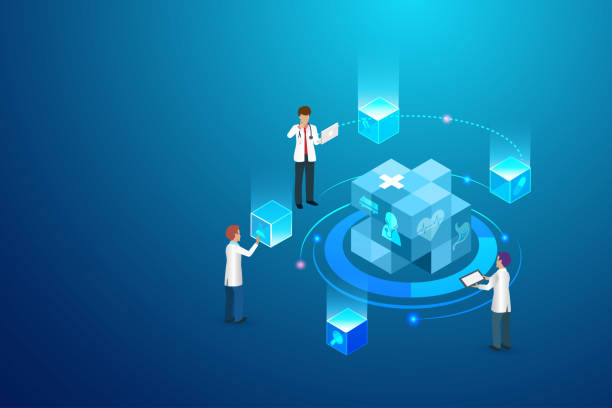Behind every hospital visit, insurance claim, and medical report lies a complex system of numbers and letters that most patients never see—medical codes. These codes may seem like a background process, but they are absolutely essential to the healthcare system.
So, what exactly is medical coding, and why is it so important?
What Is Medical Coding?
Medical coding is the process of translating a patient’s healthcare diagnosis, procedures, medical services, and equipment into universal alphanumeric codes. These codes are derived from:
-
ICD (International Classification of Diseases)
-
CPT (Current Procedural Terminology)
-
HCPCS (Healthcare Common Procedure Coding System)
Trained professionals—medical coders—analyze clinical documentation and assign the appropriate codes. This standardized language is used across hospitals, insurance companies, and government health agencies.
Why Is Medical Coding So Important?
1. Accurate Billing and Reimbursement
Healthcare providers don’t get paid without accurate coding. Insurance companies require specific codes to process claims and determine how much to reimburse a provider.
-
Correct codes ensure faster payments.
-
Incorrect or missing codes can lead to denials, delays, or audits.
Medical coding literally keeps the financial side of healthcare running.
2. Standardization and Communication
Medical codes create a universal language for healthcare providers, insurers, and regulatory bodies. Regardless of the country or language, a code means the same thing everywhere.
This standardization:
-
Reduces confusion.
-
Improves communication between providers.
-
Ensures uniform data collection for research and policy-making.
3. Patient Care and Safety
Accurate coding helps maintain complete and consistent medical records. When a patient visits multiple providers, medical history can be easily understood through their coded data.
This contributes to:
-
Better diagnoses and treatment decisions.
-
Fewer errors and duplicate tests.
-
A smoother patient care experience.
4. Healthcare Analytics and Research
Medical coding feeds data into massive health databases. Researchers use coded information to:
-
Track disease outbreaks.
-
Monitor public health trends.
-
Develop treatment guidelines and policies.
For example, tracking COVID-19 cases globally relied heavily on correct ICD codes.
5. Regulatory Compliance
Healthcare providers must follow government regulations like HIPAA (in the U.S.). Proper coding helps them:
-
Stay compliant with health laws.
-
Avoid legal penalties.
-
Prepare for audits and reviews.
It’s not just a best practice—it’s the law.
6. Career Opportunities
As healthcare grows, so does the demand for skilled medical coders. It’s a stable, in-demand career with remote job options, professional certifications, and opportunities for advancement into auditing, compliance, or data analysis.
Final Thoughts
Medical coding may happen behind the scenes, but its impact is front and center in the world of healthcare. From ensuring fair payment and protecting patients to powering research and data-driven decisions, it is the backbone of modern medicine.

